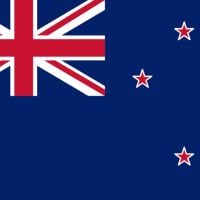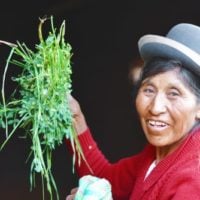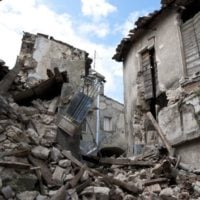Deadline: 13 October 2019
The Development and Research Training in Human Reproduction (HRP); the UNICEF/UNDP/World Bank/WHO Special Programme for Research and Training in Tropical Diseases (TDR); in collaboration with the WHO Regional Office for the Americas – the Pan American Health Organization (PAHO) and the Centro de Pesquisas em Saúde Reprodutiva de Campinas (CEMICAMP) have announced the Call for Applications for small research grants with the purpose of strengthening local research capacity and evidence generation.
Sexual and reproductive health (SRH) is a significant public health need in all communities, especially so for those exposed to complex social, economic or political situations. Migrants may have limited access to SRH and may face specific threats to their reproductive health and rights.
The research proposals supported by this call should focus on implementation research, applying adequate methods within the range of quantitative and qualitative methods, and including innovative solutions (e.g., digital health, artificial intelligence).
Priority Areas
- Studies on availability, response, and access to SRHR and infectious diseases services during mass migration situations from the perspective of community members, policy-makers, programme managers, healthcare service providers, and health systems, and including response to sexual and gender-based violence and comprehensive abortion care. This includes also innovative responses such as the use of information technology or artificial intelligence or digital health.
- Studies on perceptions, behaviours, unmet needs, or characteristics of populations and outcomes related to SRHR during mass migration situations with a focus on specific populations (such as women and adolescent girls, and including men and adolescent boys, sex workers, indigenous populations and other minorities) and situations (such as sexual and gender-based violence).
- Studies on implementation of sexual, reproductive health and infectious diseases services, implementation of existing guidance, innovative approaches to service provision during mass migration situations including research at the facility or community level.
- Studies on infectious disease outbreaks related to supply and demand side of sexual and reproductive health services, as described above.
Funding Information
- They are expecting to support between 12-18 projects to be executed within 12 months with a total budget of USD 435,000.
- The size of the budget for each grant will be based on the scope and focus of research proposals (approximate budget per project: USD 20,000-40,000). Co-funding from domestic or other sources is encouraged.
- The proposal should be accompanied by a detailed and itemized budget as part of the application form. Salary of the Principal Investigator, overhead and administrative costs and travel costs that are not essential for the implementation of the project are not eligible items of the budget.
- The beneficiary institution will be required to have a finance manager or accountant to handle the funds.
Eligibility Criteria
- Researchers working in institutions in low- and middle-countries in the Americas region that are experiencing mass influx of migrants including women and adolescent girls are eligible to apply.
- This includes researchers working in embedded programmes within ministries of health, academic institutions, research institutions, and nongovernmental organizations.
- Links with relevant decisionmakers to ensure support of research and sustainability of policy recommendations are essential.
- Applications from institutions not located in the affected regions or located in high-income countries will not be accepted.
- Eligible teams will be led by qualified researchers with proven research experience as evidenced by publications in peer-reviewed journals, and should include female researchers, ideally as PIs or coPIs, as well as young researchers (masters and doctoral students, and/or postdocs).
- The grant will be awarded to the beneficiary institution where the researcher(s) are based, which must be in an affected region of a country in the Americas.
- Linkages with institutions in other countries or regions within the country are highly encouraged (even in high-income countries); however, since a big focus of this call is to strengthen research capacity PIs and co-PIs should be part of the local institution applying for the grant. No grants will be awarded to individual researchers and/or research teams that are not linked to a research institution (as described above).
Selection Process
- Proposals will be selected through a competitive process based on a peer-review focused on scientific merit, relevance, innovation, potential for capacity strengthening for the institution and feasibility of the project.
- If the proposal is selected for funding and the research involves human subjects, ethical clearances will be required from:
- the designated institutional and/or national ethical committee (as applicable)
- the Pan American Health Organization Ethical Review Committee (PAHO-ERC)
How to Apply
All proposals should be submitted by email using the application form available on the given website. Applications can be submitted in English, Spanish or Portuguese.
For more information, please visit https://www.who.int/reproductivehealth/hrp_alliance/small-grants-migrants-2019/en/







































